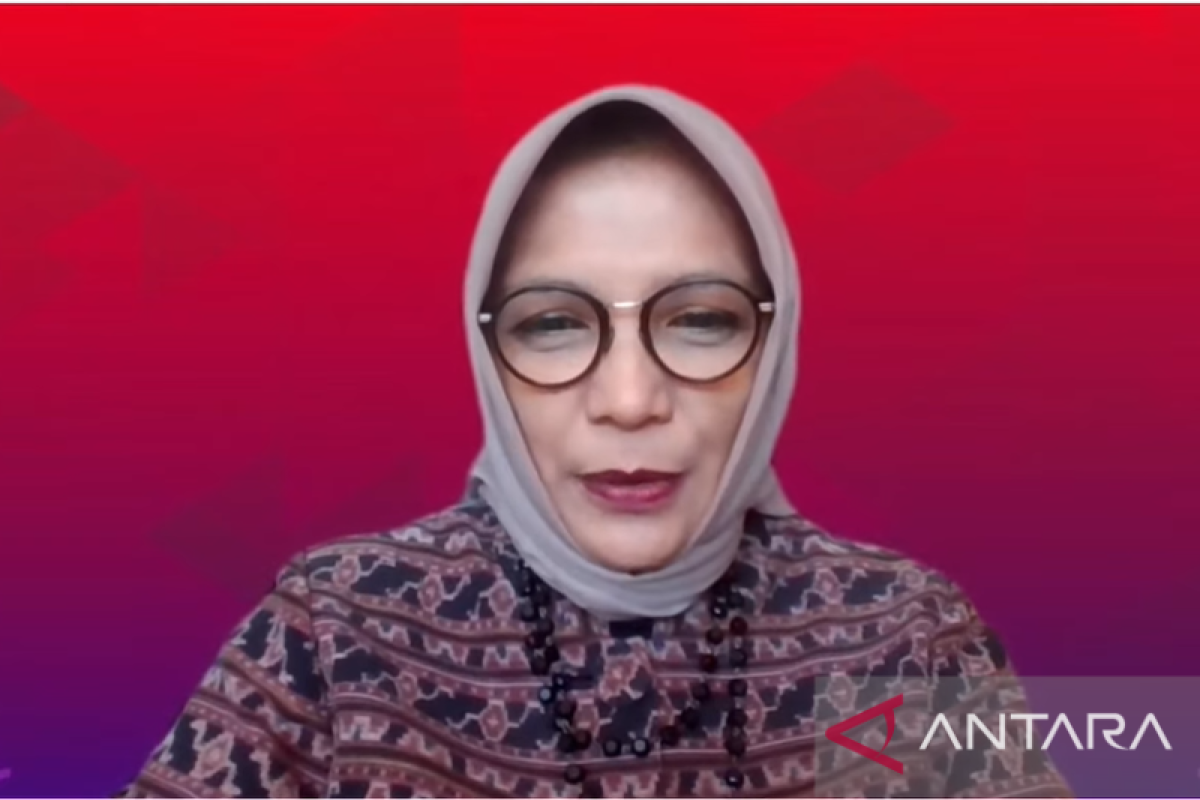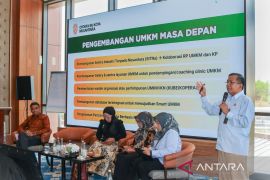The digital transformation of MSMEs in Indonesia is still lagging behind compared to several other countries in Asia, she noted at the 6th Annual Islamic Finance Conference, which was streamed online on Wednesday.
This is evident from the fact that the digital transformation of Indonesian MSMEs only reached 13 percent in 2020 and it is targeted to reach 47 percent in 2024.
Meanwhile, in China and Japan, it reached 48 percent and 54 percent, respectively, in 2020, and could potentially rise to 78 percent and 84 percent, respectively, in 2024.
"We are still far lower compared to these countries," she said.
Therefore, a strategy for accelerating MSME digital transformation is necessary from various aspects, including market access, production quality monitoring, finance and financing, organization management, production capacity, supply, distribution, and logistics.
As of June 2022, at least 19.6 million MSMEs have entered the digital ecosystem, which means that an additional 1.3 million MSMEs have been digitalized since the pandemic struck, accounting for 30.15 percent of the total MSMEs in Indonesia, Aziah noted.
This figure is 65.3 percent of the MSME digitalization target, under which the government is seeking to bring 30 million MSMEs into the digital ecosystem by 2024.
Meanwhile, the number of MSMEs in Indonesia has been recorded at 64.1 million, with micro-businesses accounting for 99.62 percent of MSMEs.
They account for 99.9 percent of the business population and 61.07 percent of the national gross domestic product (GDP), or Rp8,573,9 trillion, Azizah informed.
"MSMEs also manage to absorb 96.9 percent of the manpower, contribute 15.6 percent to exports, and contribute 60 percent to investment," she added.
Related news: Some 17.2 million MSMEs entered digital market until January 2022
Related news: Digital transformation crucial to bolster MSME development: minister
Translator: Agatha Olivia V, Fadhli Ruhman
Editor: Suharto
Copyright © ANTARA 2022












